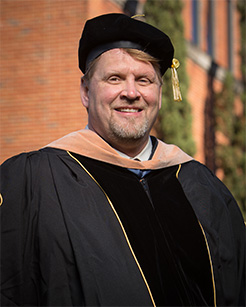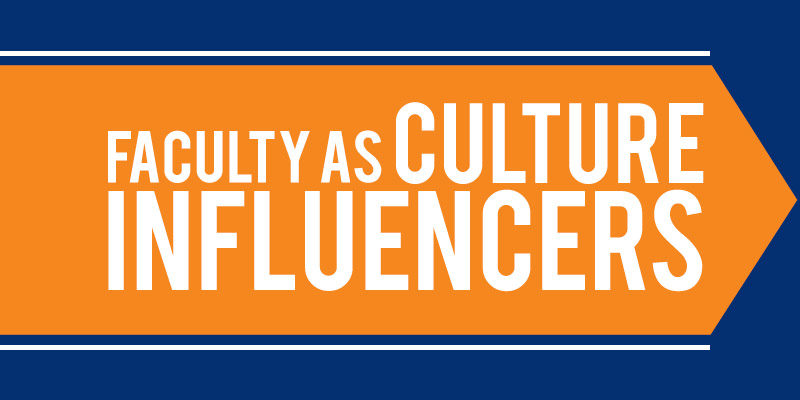 Dr. Timothy Ewest, associate professor of Management in the Archie W. Dunham College of Business, continues to develop his research on Prosocial Leadership with his recent publication of the paper, “Prosocial Leadership: The Transformative Power of Others-Directed Leadership Behavior,” in the peer-reviewed special issue of Journal of Research Initiatives. This special issue featured articles by leading and emerging scholars, as well as scholar-practitioners with a particular focus on global and local diverse perspectives around the world. In tandem with the philosophy of the Journal of Research Initiatives, this edition allowed new and established forms of knowledge to emerge from people around the world and provided a platform for more voices to be heard in academia and beyond. Among the diverse, holistic perspectives presented in this issue is a discussion of prosocial leadership as a means to personal flourishing, holistic methods of nurturing the balanced integration of human and social development in educational environments, and decolonization of European culture worldwide. The concepts introduced and/or developed in these studies may shed light on potential applications, various viewpoints, and new directions in the field of leadership studies, diversity, mindfulness, and beyond. The intention of the articles was to contribute to the decolonization of academia, spark curiosity, and lead the readers to reexamine their mindsets toward emerging forms of scholarship, in particular, those emerging from underrepresented groups in global and local contexts.
Dr. Timothy Ewest, associate professor of Management in the Archie W. Dunham College of Business, continues to develop his research on Prosocial Leadership with his recent publication of the paper, “Prosocial Leadership: The Transformative Power of Others-Directed Leadership Behavior,” in the peer-reviewed special issue of Journal of Research Initiatives. This special issue featured articles by leading and emerging scholars, as well as scholar-practitioners with a particular focus on global and local diverse perspectives around the world. In tandem with the philosophy of the Journal of Research Initiatives, this edition allowed new and established forms of knowledge to emerge from people around the world and provided a platform for more voices to be heard in academia and beyond. Among the diverse, holistic perspectives presented in this issue is a discussion of prosocial leadership as a means to personal flourishing, holistic methods of nurturing the balanced integration of human and social development in educational environments, and decolonization of European culture worldwide. The concepts introduced and/or developed in these studies may shed light on potential applications, various viewpoints, and new directions in the field of leadership studies, diversity, mindfulness, and beyond. The intention of the articles was to contribute to the decolonization of academia, spark curiosity, and lead the readers to reexamine their mindsets toward emerging forms of scholarship, in particular, those emerging from underrepresented groups in global and local contexts.
Dr. Ewest’s paper seeks to provide an understanding of Dr. Ewest’s prosocial leadership development process, and how it corresponds in regard to personal flourishing. To this end, the paper provided an understanding of personal flourishing as discussed by Carl Rogers, positive psychology framed by Mackie, and then considered the emerging positive leadership theories. Finally, the paper resolved by considering prosocial values, and specifically the prosocial leadership development process as posited by Ewest in his book, “Prosocial Leadership: Understanding the Development of Prosocial Behavior within Leaders and their Organizational Setting,” including the four steps in the process and possible benefits from becoming a prosocial leader.






